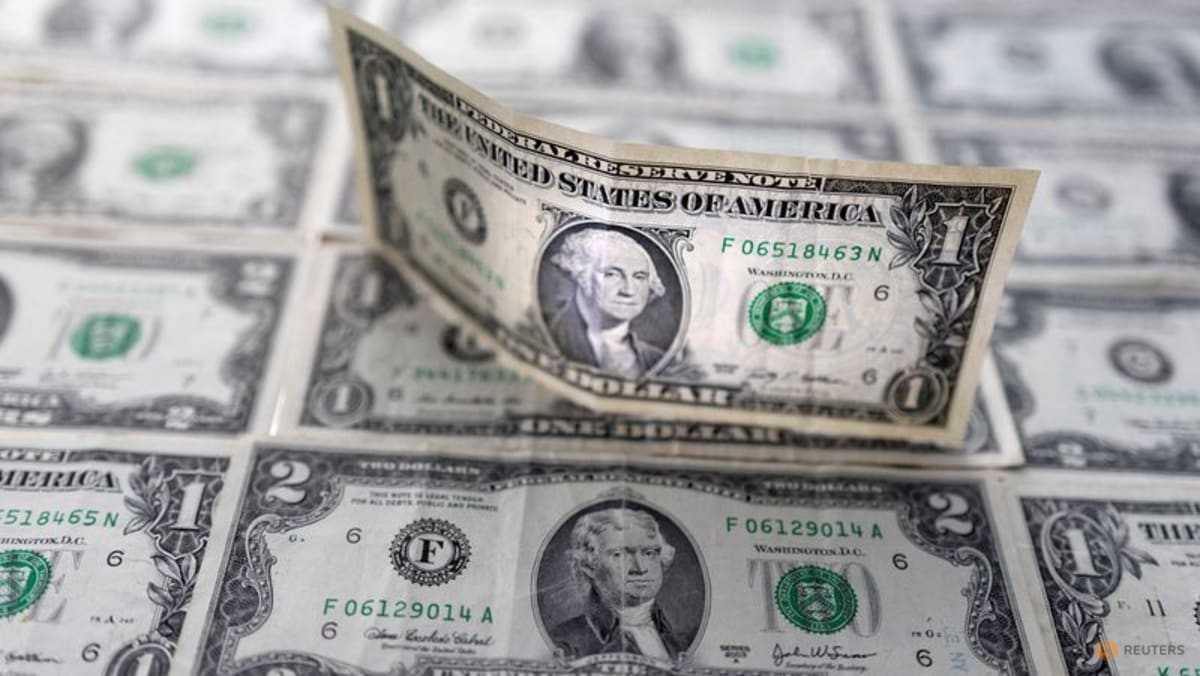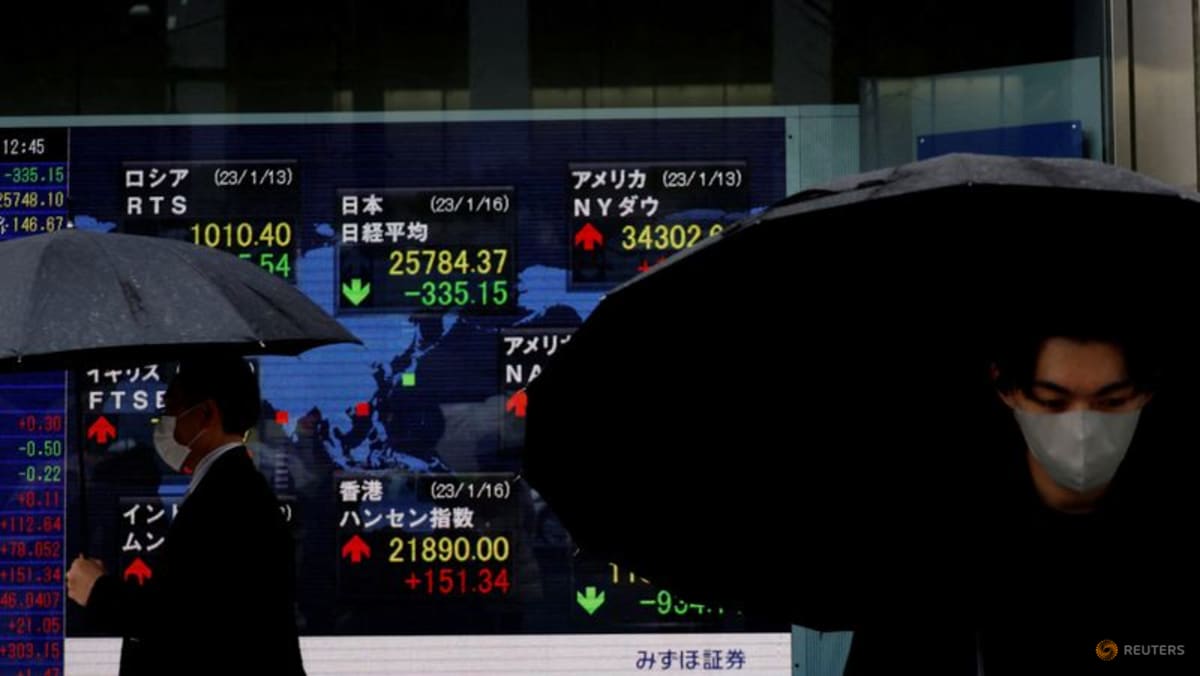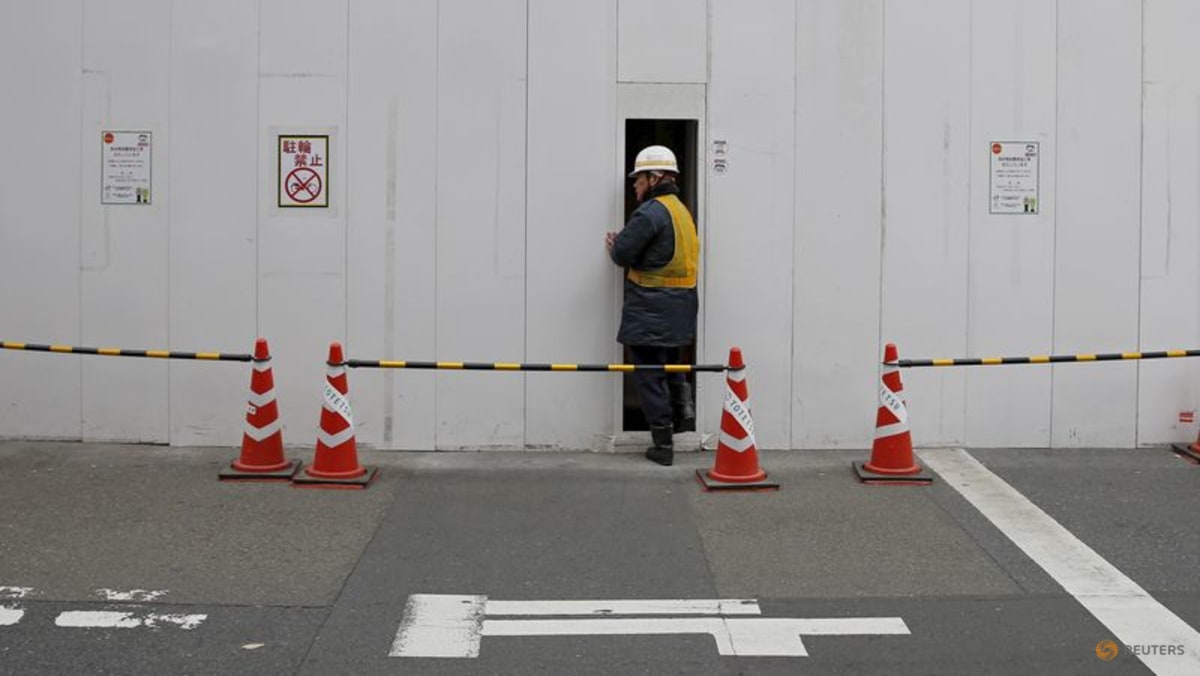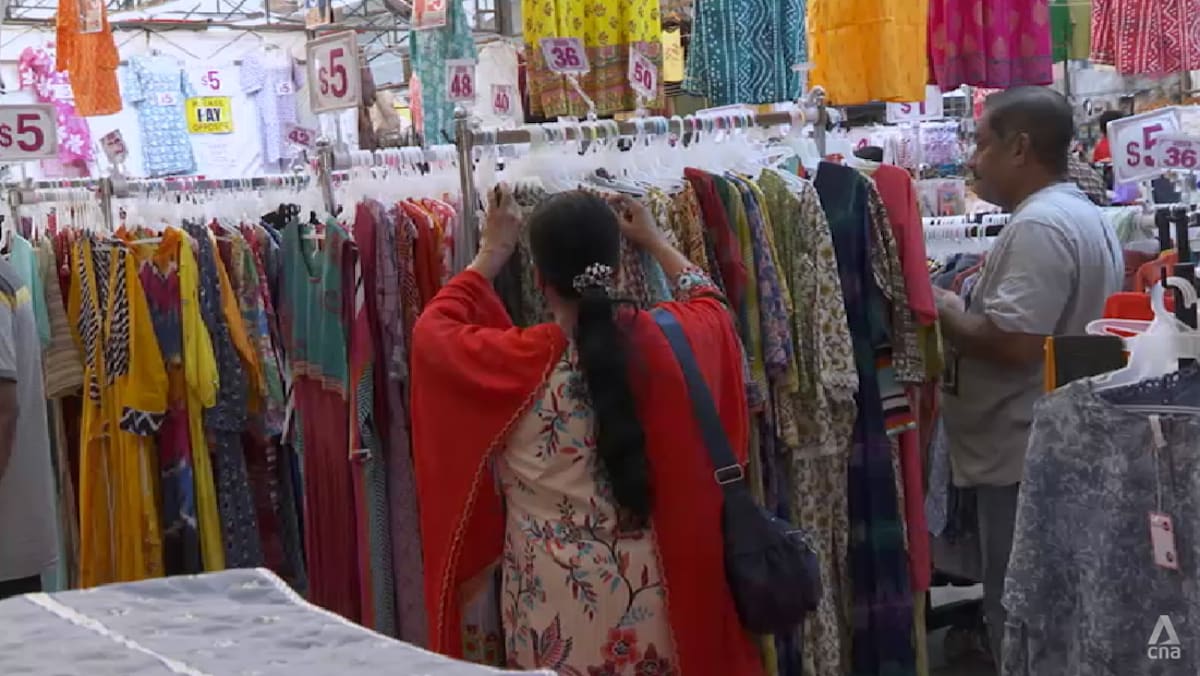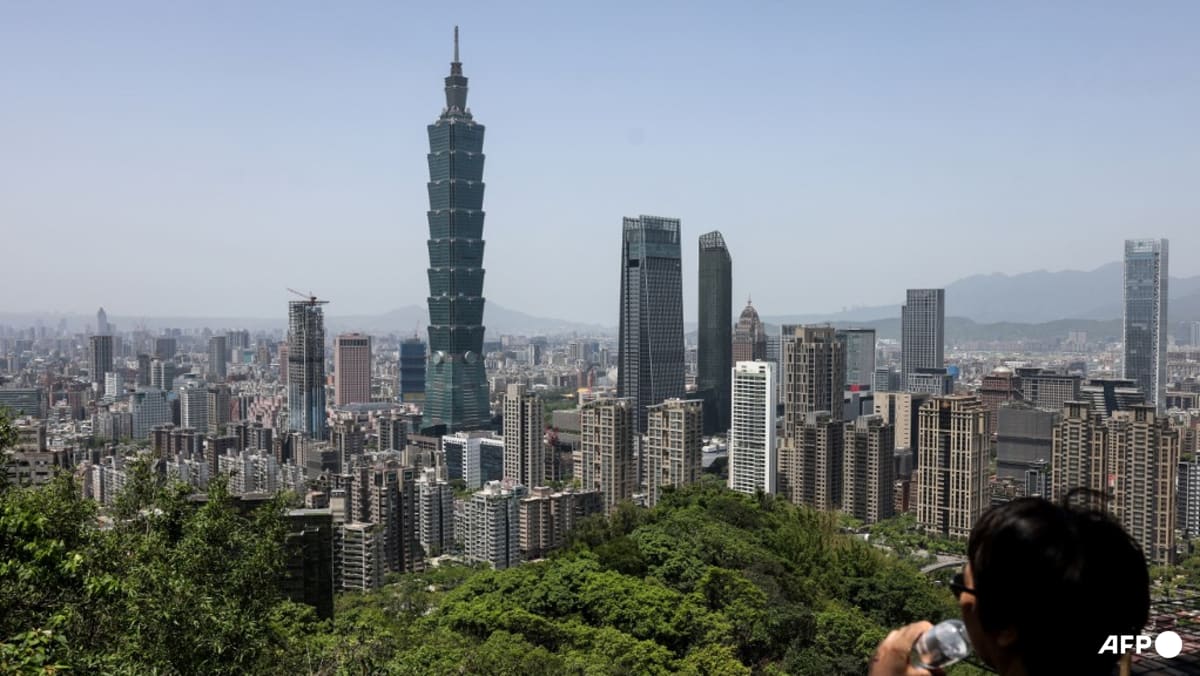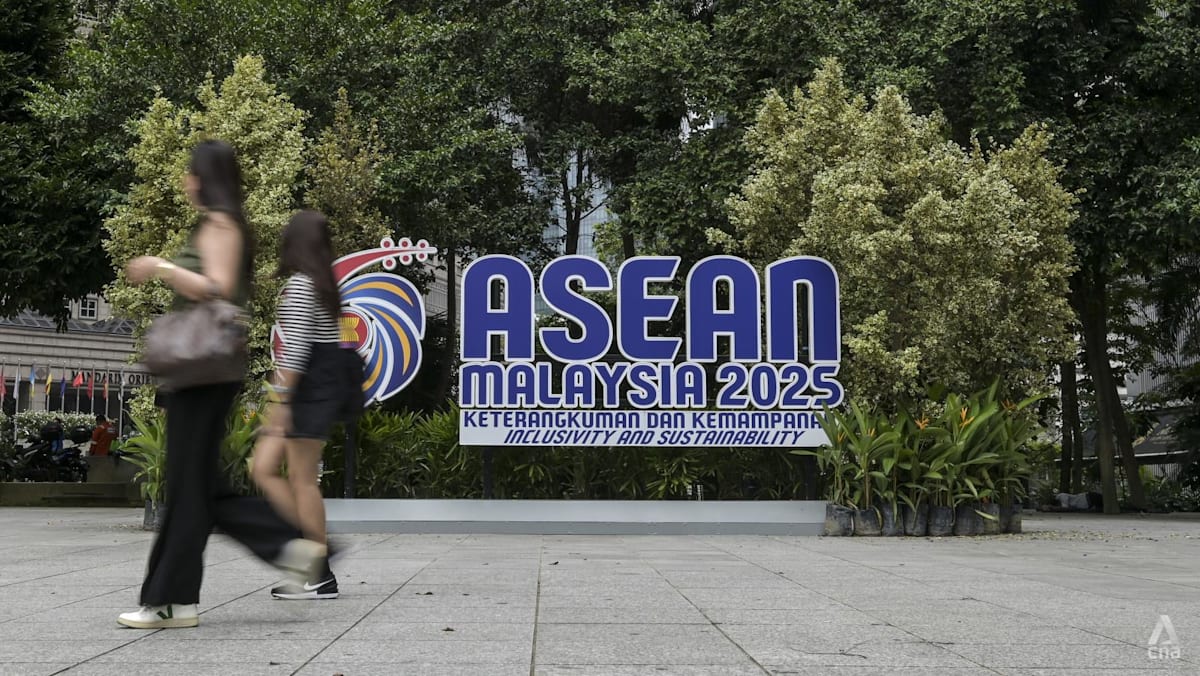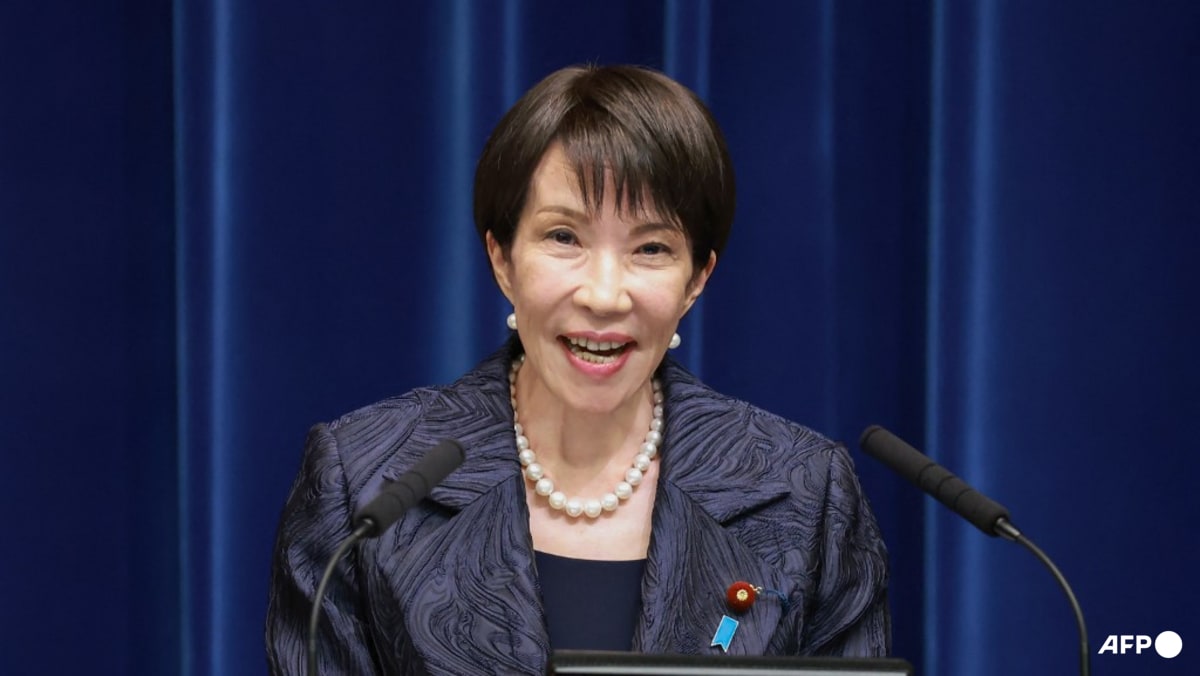SAN FRANCISCO: Asian grocery chains are rapidly expanding across the United States, fuelled by a growing Asian-American population, which rose by about 36 per cent from 2010 to 2020, according to official census data.
South Korean food and grocery complex Jagalchi, owned by retail giant Megamart, opened a few months ago at the Serramonte Center shopping mall just south of San Francisco.
Jagalchi has quickly become a local draw.
Its marketing specialist Audrey Lapuz told CNA that the reception has been encouraging.
“It's been really well received and as we're three months in now, we have noticed a really nice, steady, gradual growth, month by month,” she added.
The store has become emblematic of how Asian retailers are breathing new life into the local retail scene, particularly in areas with large Asian-American communities.
It took over a space that had been vacant for five years at the mall, which previously housed a JCPenney department store.
RETAIL GROWTH FACING TARIFF COSTS
The San Francisco Bay Area is also expected to see as many as seven large Asian chain grocery stores open for business this year.
According to industry reports, ethnic grocery stores and supermarkets in the US generated around US$55 billion in revenue last year.
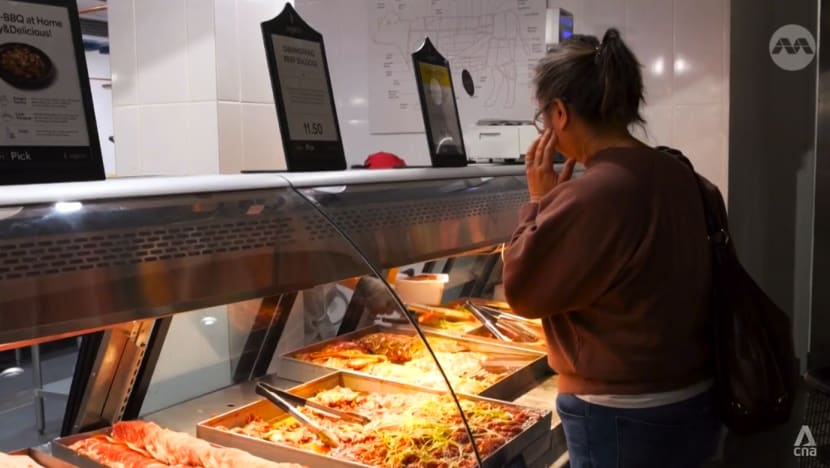 A customer looks at beef bulgogi on sale at South Korean food and grocery complex Jagalchi in San Francisco
A customer looks at beef bulgogi on sale at South Korean food and grocery complex Jagalchi in San Francisco
Despite this, they face rising costs amid looming US trade tariffs.
The administration of US President Donald Trump has proposed a 25 per cent levy on South Korean and Japanese goods on Aug 1.
Other nations like China, which have a trade surplus with the US, would also be affected. On Monday (July 7), the Trump administration issued fresh tariff notices, escalating tensions.
Japanese Prime Minister Shigeru Ishiba said on Tuesday that some progress had been made in staving off Trump’s suggestion of tariffs as high as 35 per cent.
Meanwhile, South Korea’s industry ministry said that it plans to intensify trade talks with the US and considered Trump's latest plan as effectively extending a grace period on implementing reciprocal tariffs.
Tariff negotiations are still ongoing between the US and other Asian countries.
CONSUMERS AND SMALL BUSINESSES HIT HARD
University of California at Davis economics professor Christopher Meissner warned that the proposed tariffs will disproportionately hurt small businesses and consumers.
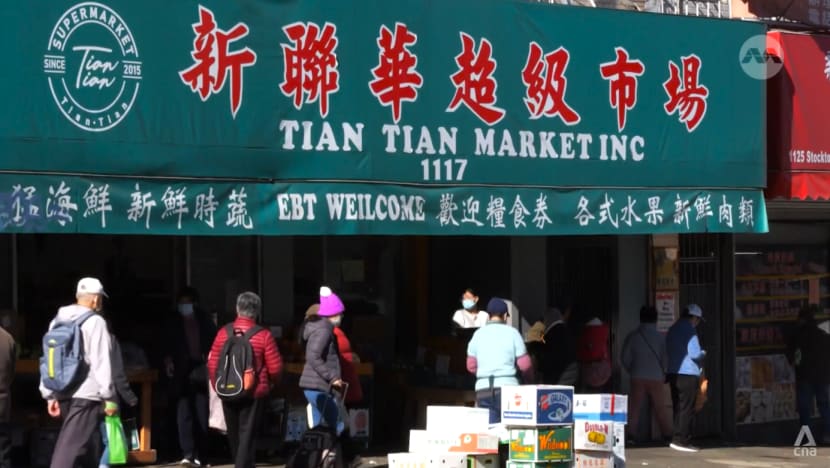 People walk next to Tian Tian Market, a supermarket in San Francisco's Chinatown district.
People walk next to Tian Tian Market, a supermarket in San Francisco's Chinatown district.
"All of those countries are facing higher tariffs under current proposals. And those products will definitely be priced much higher in the near future due to those tariffs. I don't see any other way around it,” he added.
At Jagalchi, efforts are already underway to mitigate potential cost increases, including developing in-house products.
Still, much remains uncertain.
"Obviously in the future there's a lot of uncertainty that may come up. But we will find those solutions as they come,” said Lapuz.
Consumers, too, are also bracing for the impact, said Russell Jeung, professor of Asian American studies at San Francisco State University.
“The community has been stocking up (on) Asian goods … buying rice and soy sauce and things like that,” he said.





